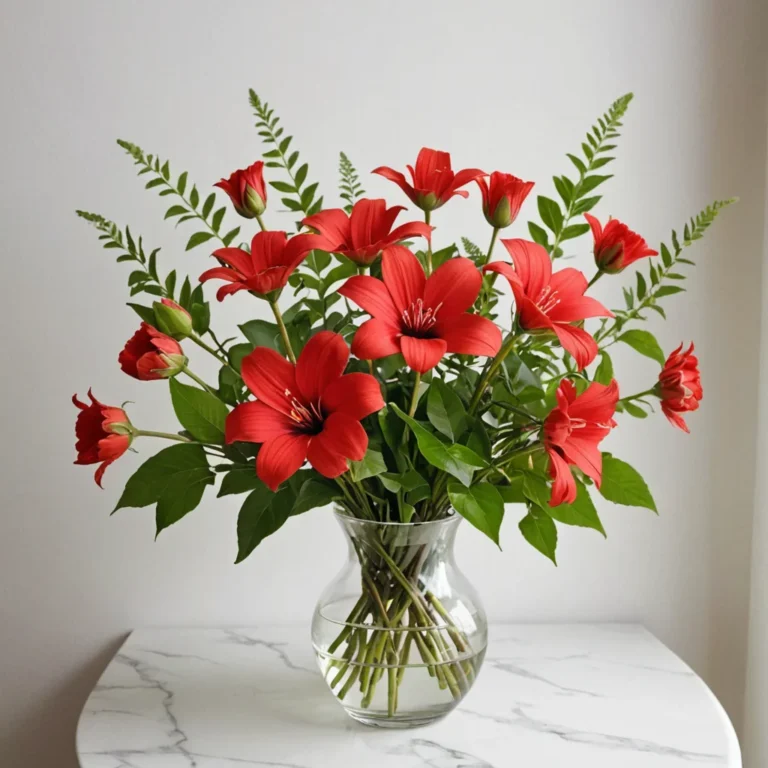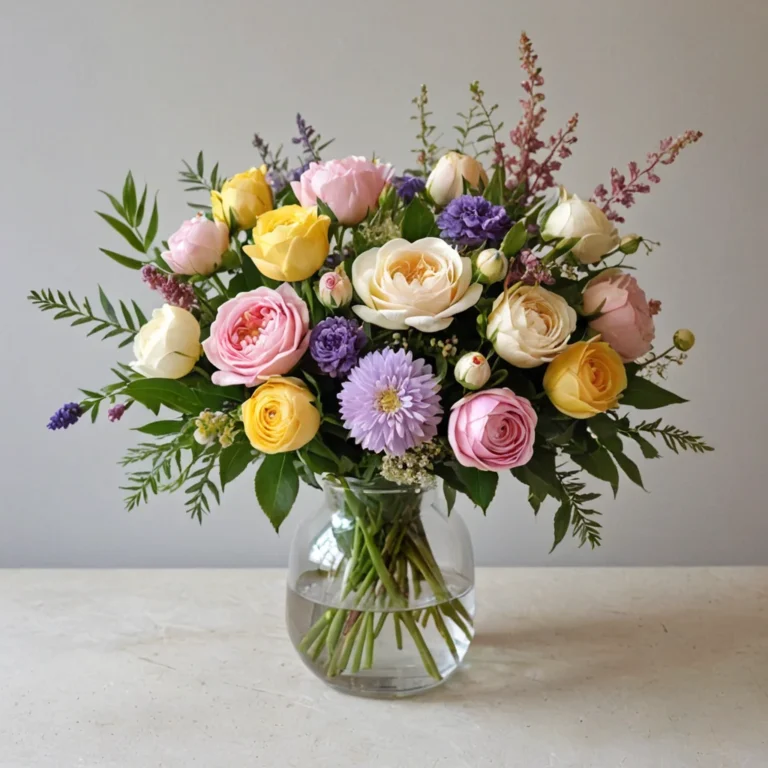The Language of Flowers: A Cross-Cultural Exploration
Flowers have been integral to human culture for centuries, symbolizing emotions, virtues, and significant life events. Their meanings, however, vary widely across different cultures and traditions. Understanding these diverse symbolisms can deepen our appreciation for these natural beauties and guide us in choosing the perfect blooms for any occasion.
Rose with Cute Teddy Bear
Red Delfiora Bouquet
Tulperia Bouquet
Fresh Long Red Roses – Choose Your Quantity
1. Lotus: Purity and Rebirth
- Hinduism and Buddhism: The lotus flower is revered as a symbol of purity, enlightenment, and rebirth. Its ability to emerge unblemished from muddy waters signifies spiritual transcendence and purity of the soul.
2. Chrysanthemum: Varied Significance
Asia: In countries like China and Japan, chrysanthemums are associated with longevity and rejuvenation. They are often featured in festivals and traditional medicine.
Europe: Conversely, in some European cultures, chrysanthemums symbolize death and are commonly used in funeral arrangements.
3. Rose: Love and Passion
Western Cultures: The red rose universally represents love, beauty, and passion. It's a quintessential symbol on occasions like Valentine's Day.
Middle East: In Persian literature, the rose often symbolizes the complexities of love and the pain of separation.
4. Marigold: From Despair to Devotion
Mexico: Marigolds, known as "cempasúchil," play a pivotal role in Día de los Muertos (Day of the Dead) celebrations, guiding spirits back to the world of the living.
India: These vibrant flowers are used in weddings and religious ceremonies, symbolizing auspiciousness and the divine.
5. Lily: Purity and Transience
Christianity: White lilies are associated with the Virgin Mary, symbolizing purity and chastity.
China: Lilies are tied to motherhood and are believed to bring sons in the future.
The Impact of Flower Symbolism on Modern Floristry
Understanding the cultural significance of flowers is crucial for florists and enthusiasts alike. It ensures that floral arrangements convey the intended message and resonate with the recipient's cultural background. For instance, gifting white flowers in some Asian cultures might be inappropriate due to their association with funerals, whereas, in Western cultures, they might represent purity and innocence.
Incorporating this knowledge into your floral choices can enhance the depth and sincerity of your gestures, making them more meaningful and appreciated.
Note: The meanings of flowers can vary based on context and personal interpretation. It's always thoughtful to consider the recipient's cultural background and personal preferences when selecting floral gifts.
By delving into the rich tapestry of floral symbolism, we not only enhance our appreciation for these natural wonders but also ensure that our gestures of giving flowers are imbued with deeper significance and respect for diverse cultural traditions.










